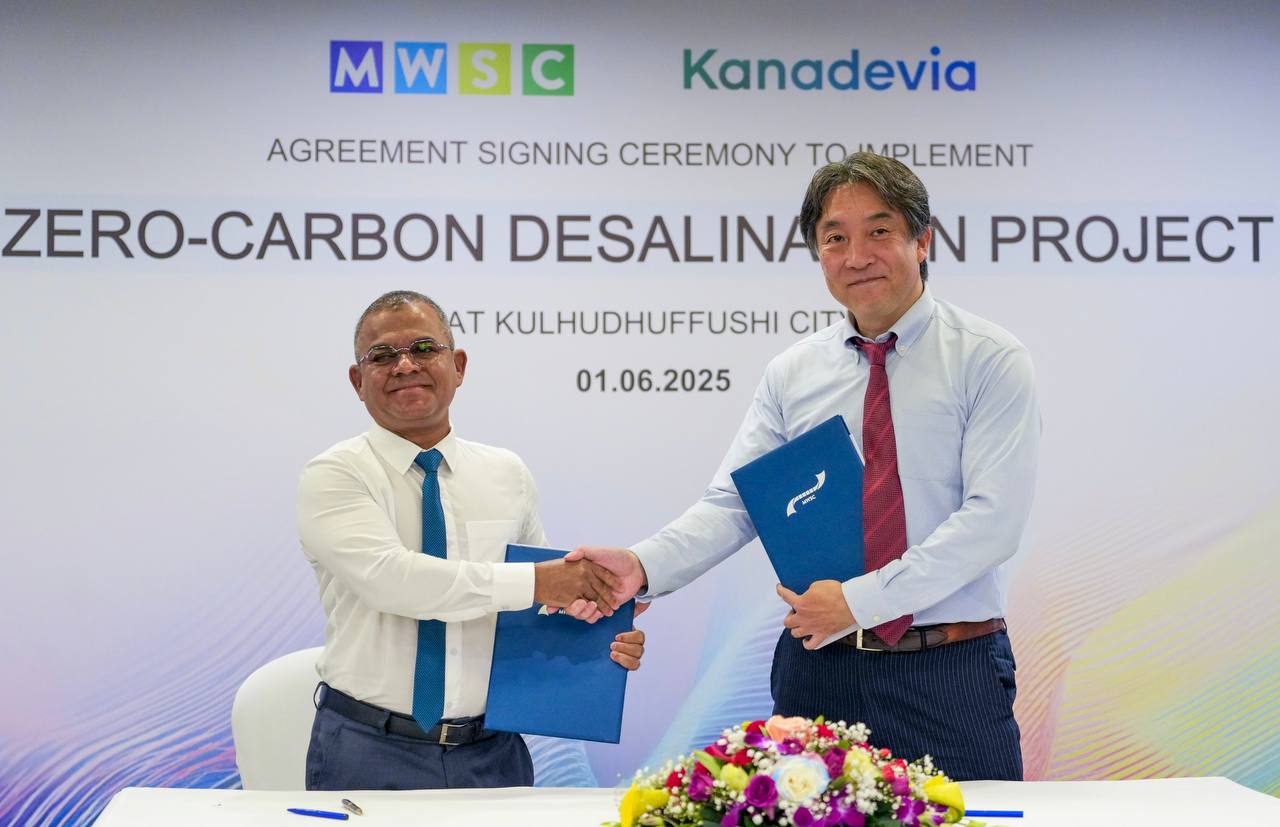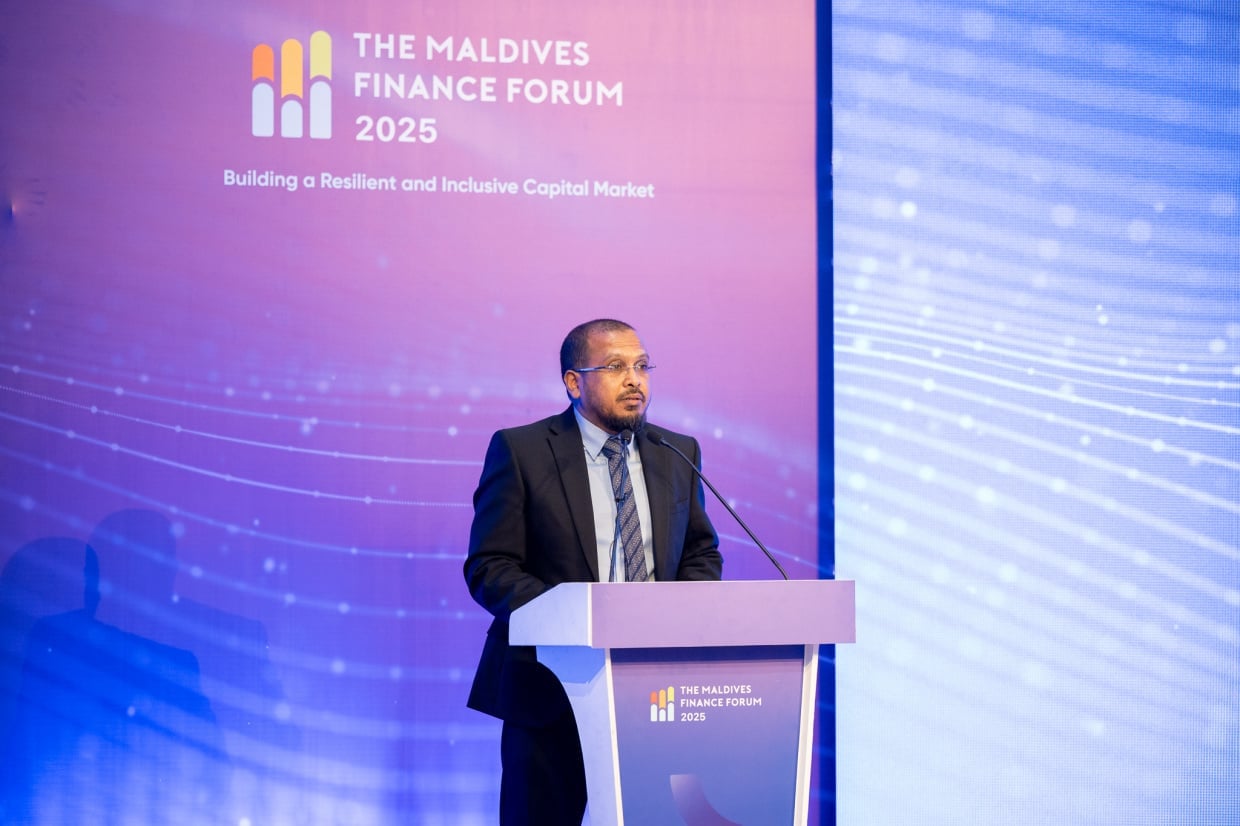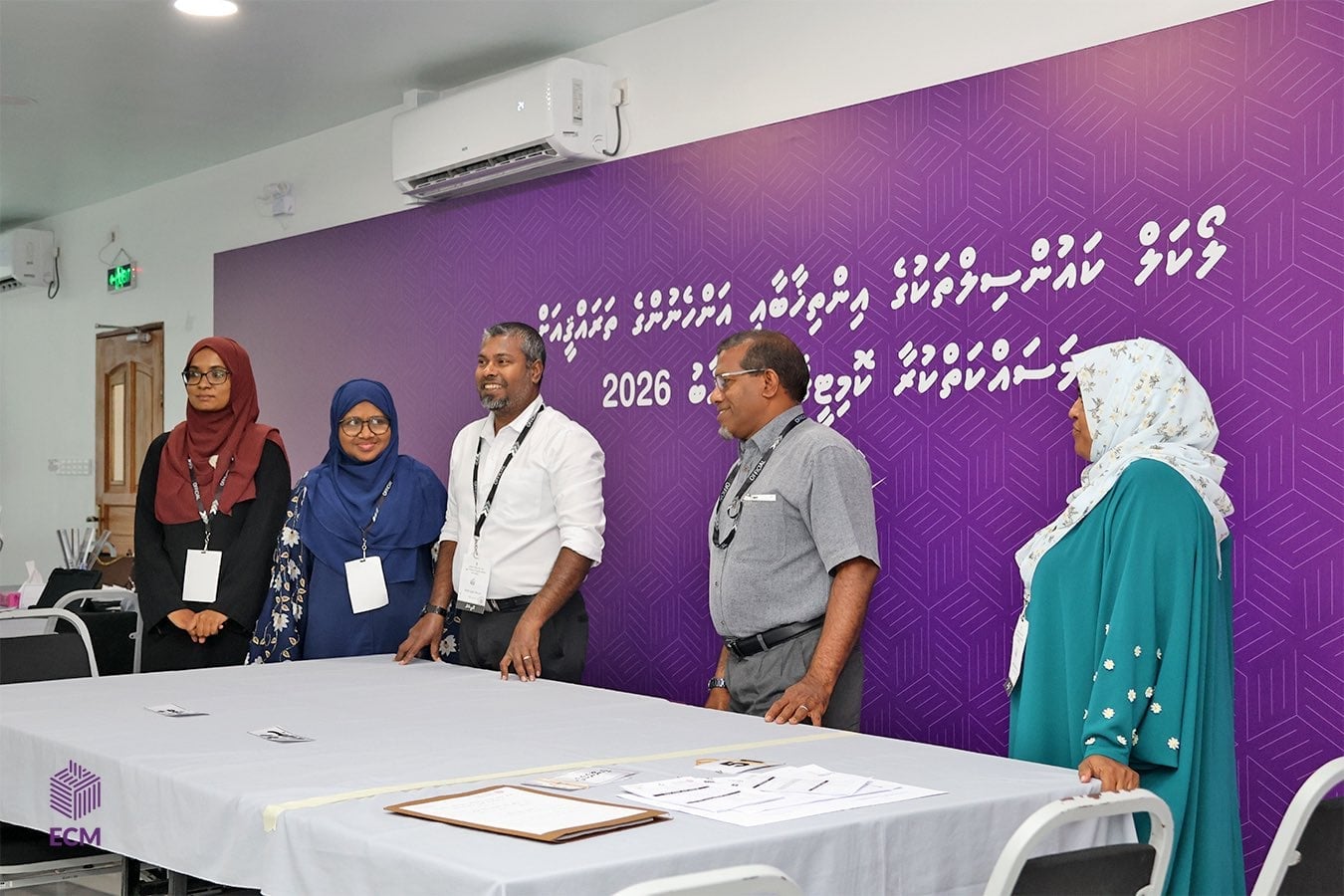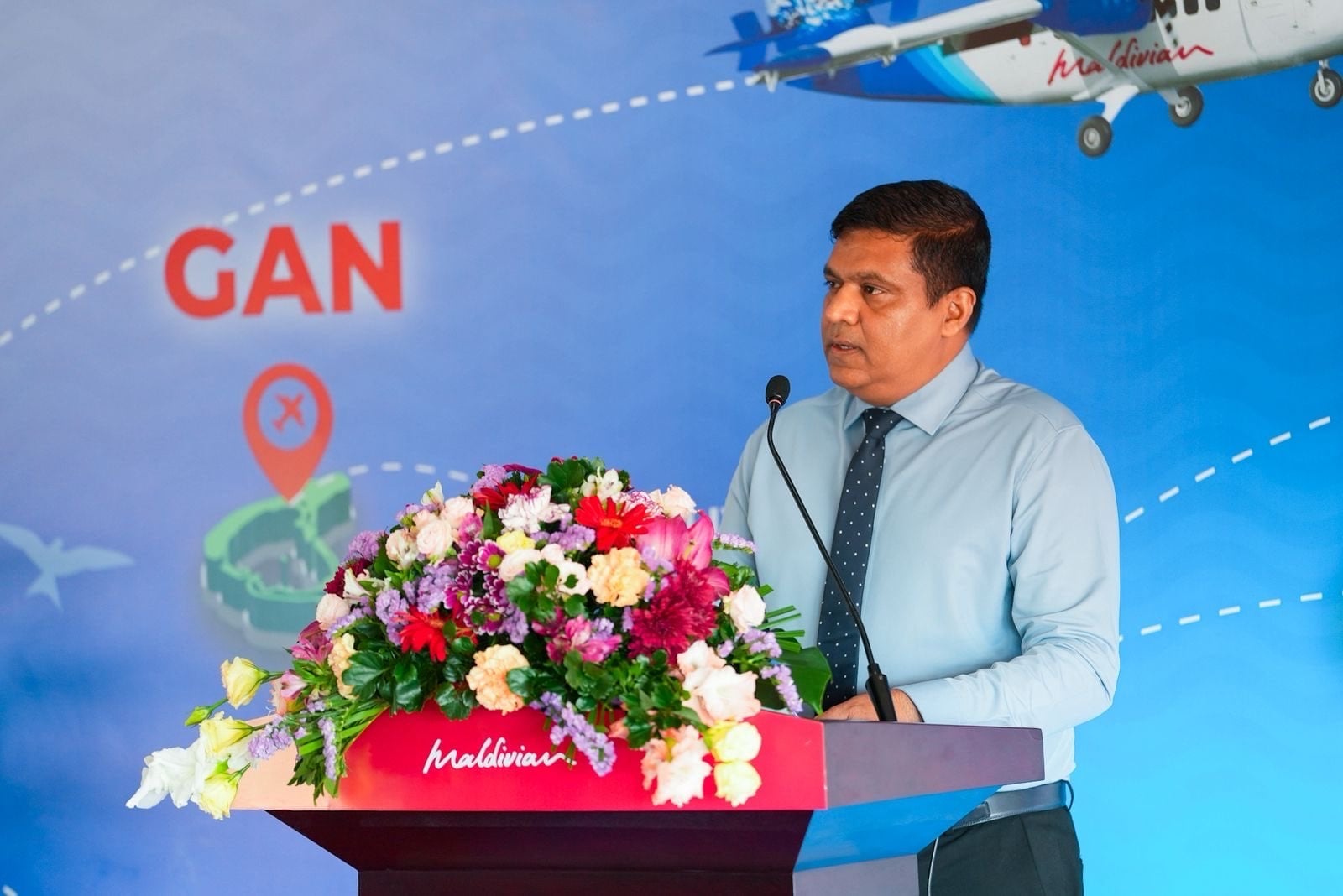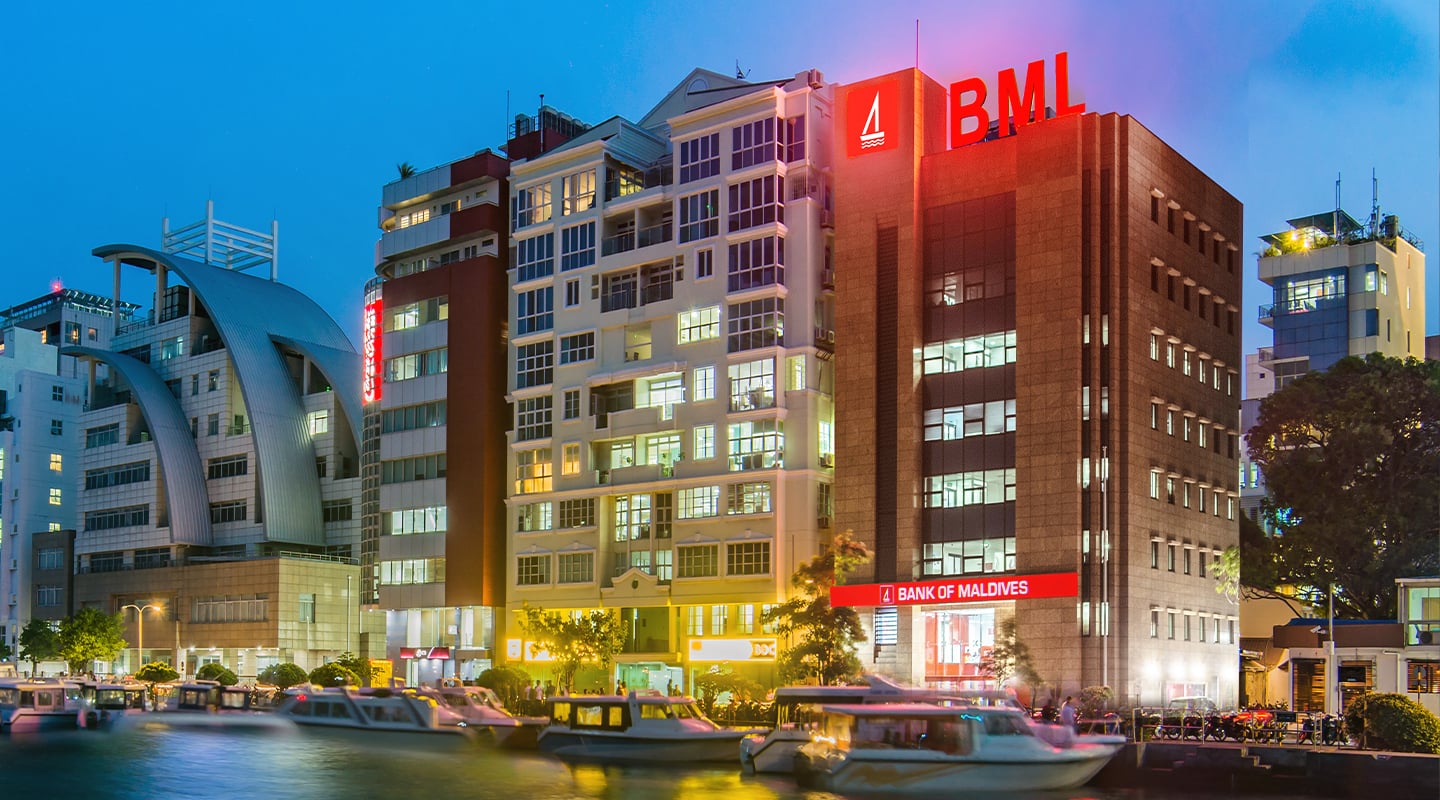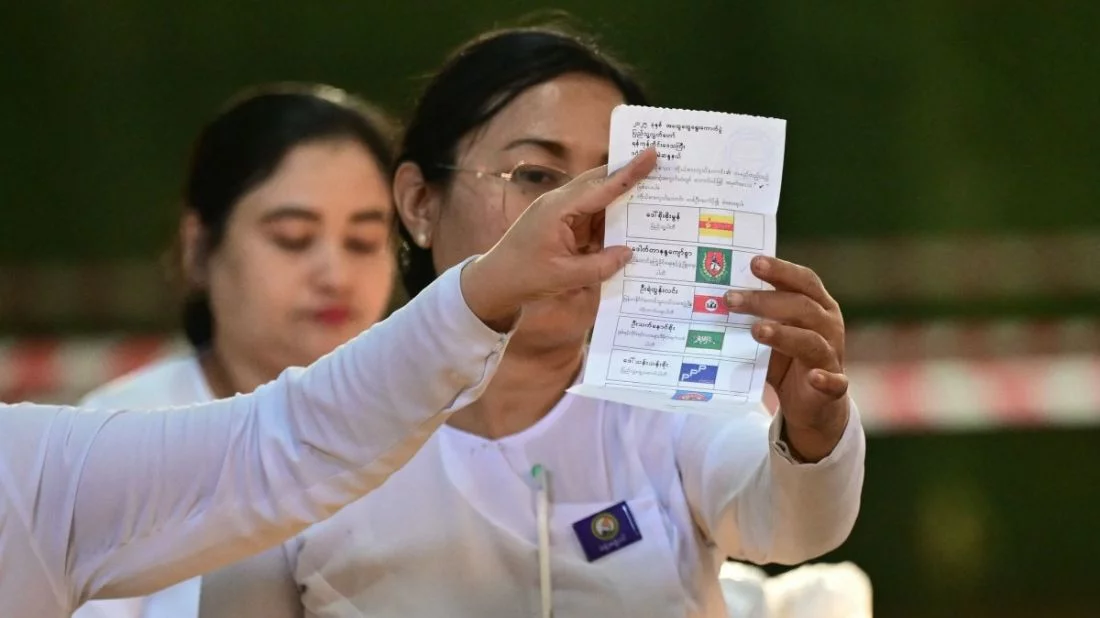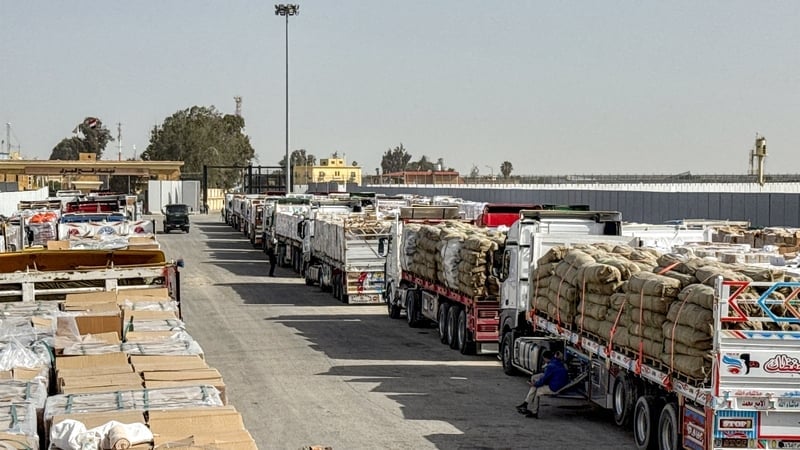The Maldives Water and Sewerage Company (MWSC) has signed an agreement with Japan’s Kanadevia Corporation to implement a zero-carbon desalination project in Haa Dhaalu Kulhudhuffushi. This marks a significant milestone in the country’s transition to sustainable water infrastructure.
The agreement was signed by MWSC’s Managing Director Abdul Matheen Mohamed and Kanadevia Corporation’s General Manager Takeshi Aiba during a special ceremony attended by Japanese Ambassador to the Maldives, Ishigami Rumiko, MWSC Chairperson Shamhuza Ahmed, board members, and officials from both companies and several government institutions.
The project will see the installation of a solar-powered water generation system, including a 500 cubic metre per day Reverse Osmosis (RO) plant, a 500 kW solar photovoltaic (PV) system, and a 1,450 kWh battery storage system. Once completed, the system is expected to save up to 200,000 litres of diesel annually and prevent around 573 tonnes of carbon dioxide emissions.
The initiative is jointly funded, with 27 percent of the total cost covered by Japan’s Global Environment Centre Foundation (GEC), 27 percent by Kanadevia Corporation, and the remaining 46 percent by MWSC.
The project aligns with the Maldives' climate change and energy policies, while also supporting the United Nations Sustainable Development Goals (SDGs). It is expected to not only reduce reliance on fossil fuels but also ensure a more reliable, eco-friendly supply of drinking water for the people of Kulhudhuffushi.
The agreement was signed by MWSC’s Managing Director Abdul Matheen Mohamed and Kanadevia Corporation’s General Manager Takeshi Aiba during a special ceremony attended by Japanese Ambassador to the Maldives, Ishigami Rumiko, MWSC Chairperson Shamhuza Ahmed, board members, and officials from both companies and several government institutions.
The project will see the installation of a solar-powered water generation system, including a 500 cubic metre per day Reverse Osmosis (RO) plant, a 500 kW solar photovoltaic (PV) system, and a 1,450 kWh battery storage system. Once completed, the system is expected to save up to 200,000 litres of diesel annually and prevent around 573 tonnes of carbon dioxide emissions.
The initiative is jointly funded, with 27 percent of the total cost covered by Japan’s Global Environment Centre Foundation (GEC), 27 percent by Kanadevia Corporation, and the remaining 46 percent by MWSC.
The project aligns with the Maldives' climate change and energy policies, while also supporting the United Nations Sustainable Development Goals (SDGs). It is expected to not only reduce reliance on fossil fuels but also ensure a more reliable, eco-friendly supply of drinking water for the people of Kulhudhuffushi.



